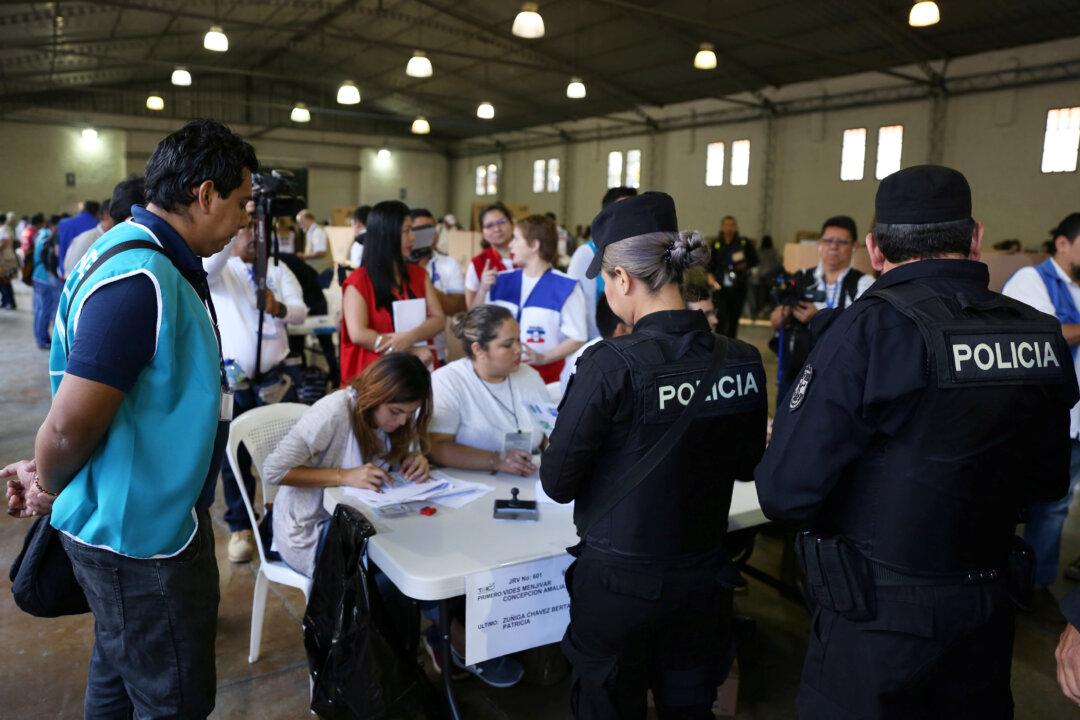SAN SALVADOR—Salvadorans headed to the polls in the first round of a presidential election on Feb. 3, with an energetic former mayor campaigning as an anti-corruption outsider predicted to win the top job and end decades of a two-party system.
Nayib Bukele, 37, has capitalized on the anti-establishment feeling sweeping elections across the region and further afield, as voters seek an alternative to traditional parties.





